#IWASTHERE
An oral tradition used to powerful effect
By using his poetry to engage people and raise the debate on social issues, Hamze is helping to challenge attitudes and create a more caring society.
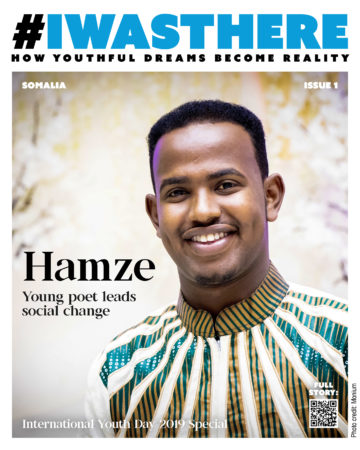
Surrounded by beautiful mountains and eye-catching scenery, Borama, a town on the Ethiopian border, is a centre of learning and the home of Amoud University, the first opened in Somaliland. Presidents, politicians, business people and poets have graduated from this famous university – it’s the place where tomorrow's leaders are made.
In the beginning
Among the university’s young graduates is a 23-year-old poet, Hamze. The Work in Progress! (WiP!) program staff had a conversation with him in his hometown, Borama. Hamze was raised by his caring parents with nine other siblings and recognizes the great start he had: “My parents are my world. I remain obedient to them,” he says.
Hamze studied Public Administration and Law, but is now using his legal and social knowledge to write poetry to inspire others who may compose songs about tribalism and ‘Tahriib’ (migration). In his poem, Waayo-Dhugad (Life experience), for instance, he warned against rape:
Ruined my future in a night,
You [rapists] took my pride,
And kept my tears rolling down my cheeks.
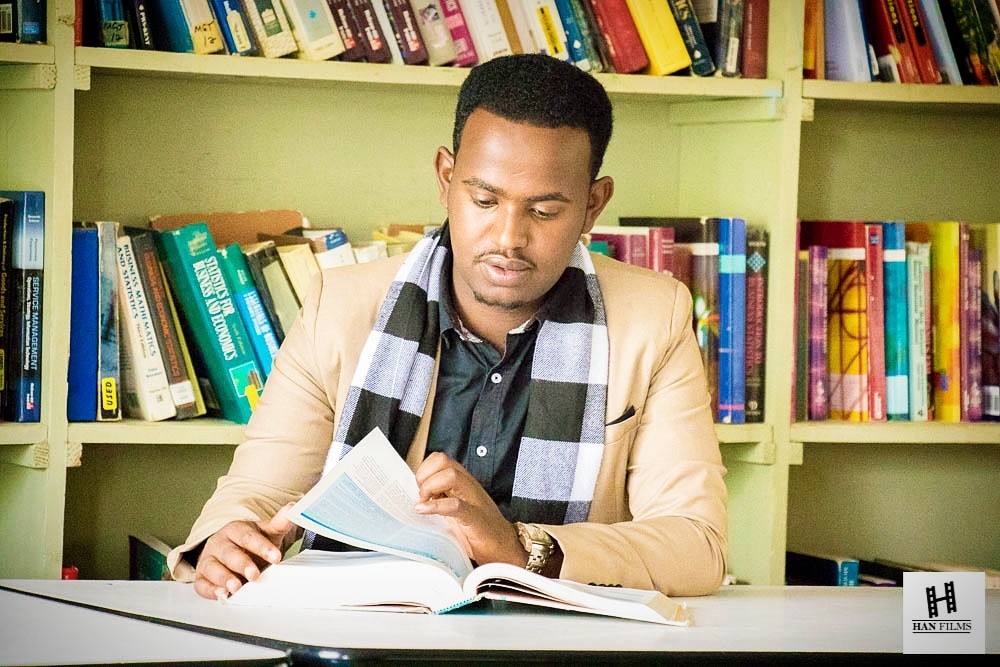
Gaining recognition
Hamze is becoming well known for his activity. In 2014, he won second prize in a poetry competition held at Borama, and he was acknowledged as one of the most influential youth in Awdal region in 2018. His campaigning on social issues, especially his fight against rape, was finally recognized.
By word of mouth
Hamze’s dream is to motivate young people to change, by supporting their initiatives to reflect on their concerns, for instance through song. His close friends, however, were sceptical about Hamze’s social activities. They rather doubted his ability to make a difference in their social environment. "My friends believe song-writing is just a waste of time," he explained. “But I insisted on continuing no matter how much they challenged me, because I believe that my people have an oral tradition, and word of mouth is so strong.”
A pioneer for change
Despite the resistance from his friends, Hamze soldiered on, writing poems and songs with little or no support from the community. He was convinced that what he was doing had value, and he showed considerable resilience by persisting with his idea. And now he is famous for his peace poems and songs, which has slowly earned him respect among his peers.
Hamze’s messages are delivered via social media (see the links below) and local television stations, which has enabled him to reach the Somali diaspora in North America and Europe.
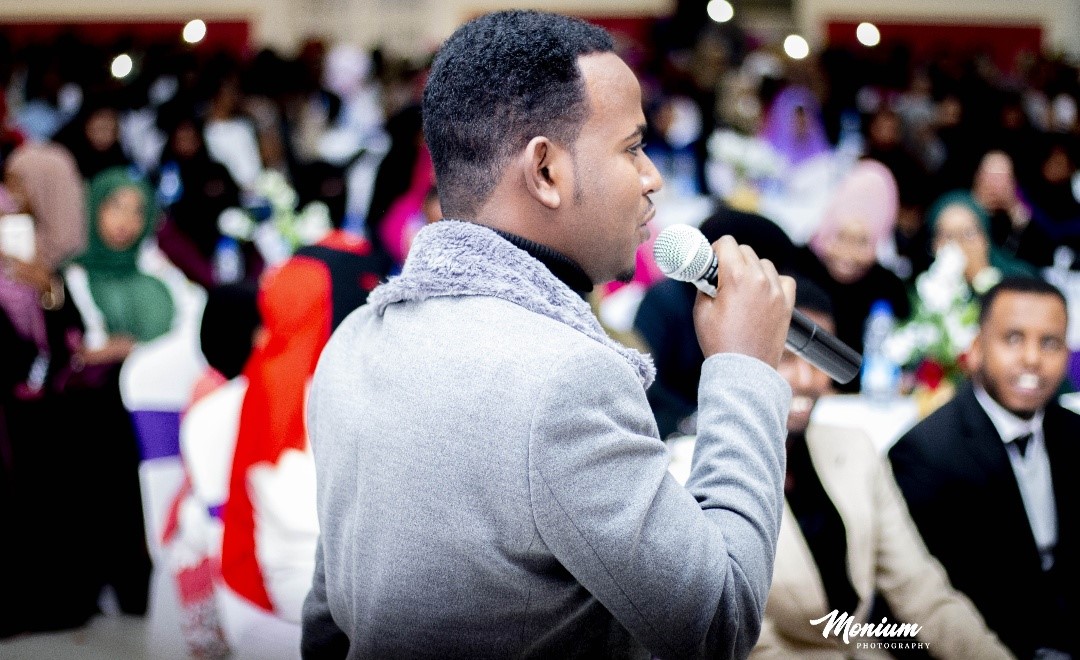
The power of song
“Poetry is art and expression, and has been in my blood since my childhood,” says Hamze. His ambition now is to change Somaliland society through the power of songs and poetry. "If you want people to develop their country, young people are the starting point – they have the drive and stamina to pioneer changes,” he concludes.
LINKS:
Hamze‘s story is part of the multiyear campaign, kicked off on International Youth Day 2019 by the Empower Youth for Work program and the Work in Progress! alliance. The campaign aims to support the national influencing work of the respective programs by joining forces with local role models. The ripples of #Iwasthere are spreading out around the world and these stories are proof that change can happen anywhere – we hope they will inspire you, too, to become an active citizen.
Why these stories?
There are more young people today than ever before in the history of the world; 1.8 billion people between the ages of 10 and 24 worldwide, and 90% of them live in low-income countries. . Harnessing the energy and strength of young women and men to become active citizens is core to Oxfam's goal of transformational change.
With their energy, skills and creativity, young people have the potential to be the driving force for social change, strong economies and vibrant democracies.
Oxfam is working jointly with youth to challenge barriers that prevent them from
Enjoying their rights
Participating fully in society
Being an effective voice in decision-making processes
How youthful dreams become reality.
These stories are proof that change can happen anywhere -
to inspire you to become an active citizen.
- Bangladesh
- Ethiopia
- Indonesia
- Italy
- Nigeria
- Pakistan
- Peru
- Somalia
- The Netherlands
-
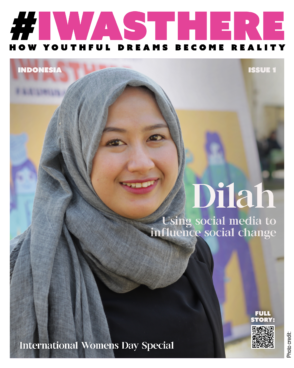
Dilah
“Development is more than just economy or infrastructure, it’s all about humans.”
-
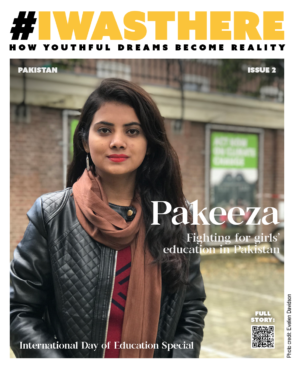
Pakeeza
“As activists, we have to be patient. Without patience we can’t do anything, we just struggle.”
-
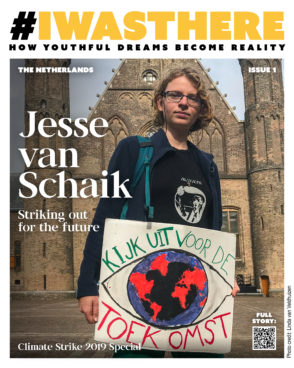
Jesse van Schaik
“I hope other people think ‘if she can do it, then I can do it, and then it won’t be that hard.’”
-

Chioma Ukonu
“Youths must work every day to be the change they want to see.”
-
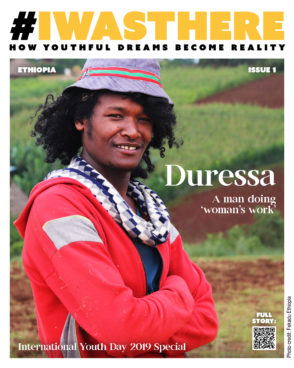
Duressa
“The only thing that I cannot do, is child bearing and breast feeding. This is not naturally gifted to men!”
-
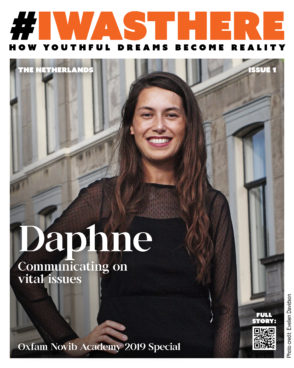
Daphne Rozenburg
“My goal was to capture the essence of the vital advocacy work that goes on within powerful institutions. But in a light and approachable way.”
-
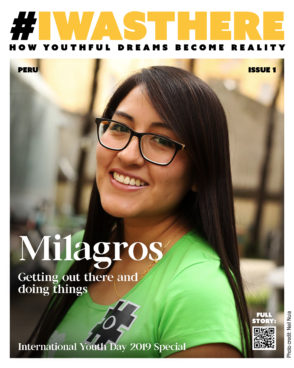
Milagros
“We are young, we are prepared. We have many things to do.”
-

Muzamil Ali
“The biggest challenge wasn’t informing them about modern farming techniques but persuading them to abandon outdated methods”
-

Nasrin
“Work is never defined for men and women, it is us who creates this differentiation. There are lots of people in rural areas who are not getting enough medical support, I want to do something more for their advancement by engaging the youth of our community.”
-
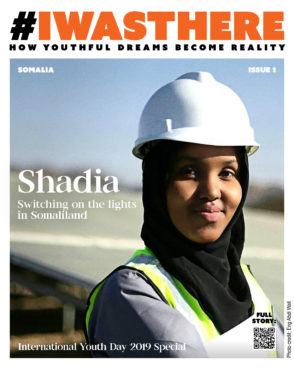
Shadia
“Fear is not part of my life. I conquer the fear itself.”
-
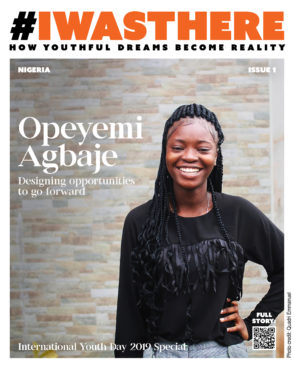
Opeyemi Agbaje
“I did not have any computer knowledge prior to this time; I only used computers for watching movies!”
-
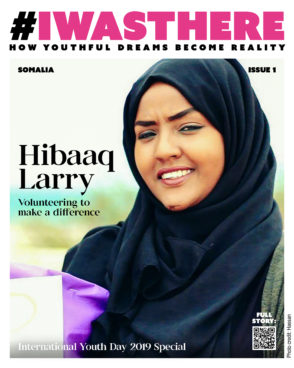
Hibaaq Larry
“We should create an environment where people can support one another and raise local funds together to buy clothes and food for poor children and mothers.”
-

Mr. Ajebo
“Work ethics and character are equally important as you cannot earn a living out of talent alone.”
-
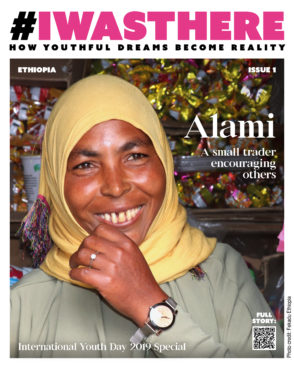
Alami
“I believe young women have the capacity to change their lives if they are provided with a safe environment and support from their family, community, and government.”
-

Alisha Khan
“Once we overcame our initial hurdles, we felt confident about managing more events, and soon established a good reputation in the city.”
-
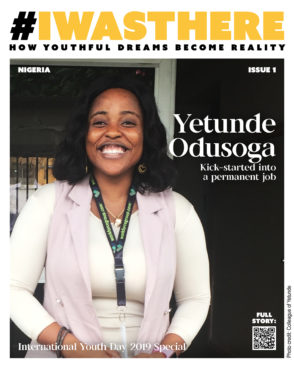
Yetunde Odusoga
“Even if a person supports you and teaches you how to do a thing, without passion on your part, it’s a ‘NO’!”
-
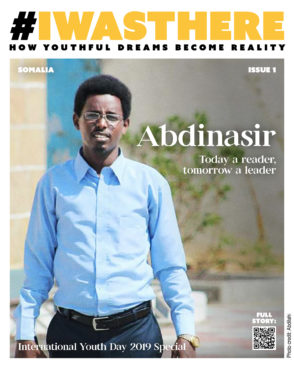
Abdinasir
“Without a book on my lap every day, I don’t know where I would have reached today. One day I will realize my dream of bringing all Sahil people into the library.”
-
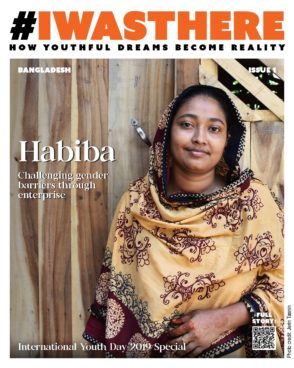
Habiba
Habiba believes that other women and girls will be inspired by seeing her at work.
-
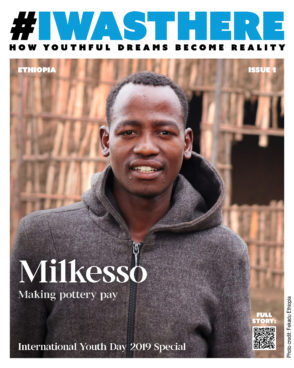
Milkesso
“Seeing my success, many people are now convinced it’s OK to assist women.”
-
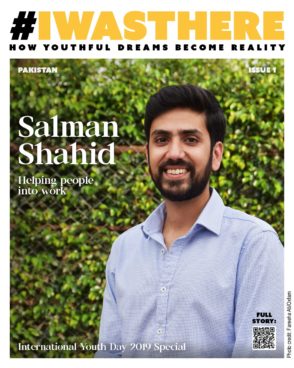
Salman Shahid
“We aim, one day, to scale up our start-up to a national level”
-
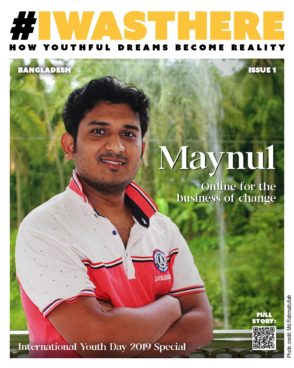
Maynul
He started working from home to save money, providing computer support to the community, especially women.
-
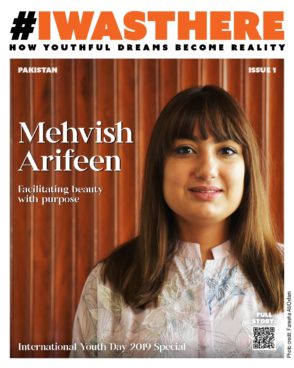
Mehvish Arifeen
“The beauty parlour industry is exploitative, and because women workers lack awareness about their rights, they pose little to no resistance to unfair work policies.”
-
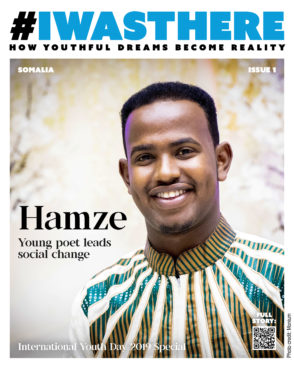
Hamze
“Poetry is art and expression, and has been in my blood since my childhood. If you want people to develop their country, young people are the starting point – they have the drive and stamina to pioneer changes”
-
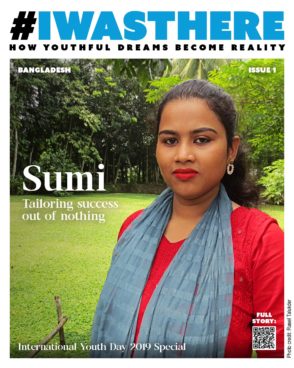
Sumi
To ensure the continued success of her business, she keeps up with the latest fashion trends online, adjusting them for the cultural and religious tastes of her clients.